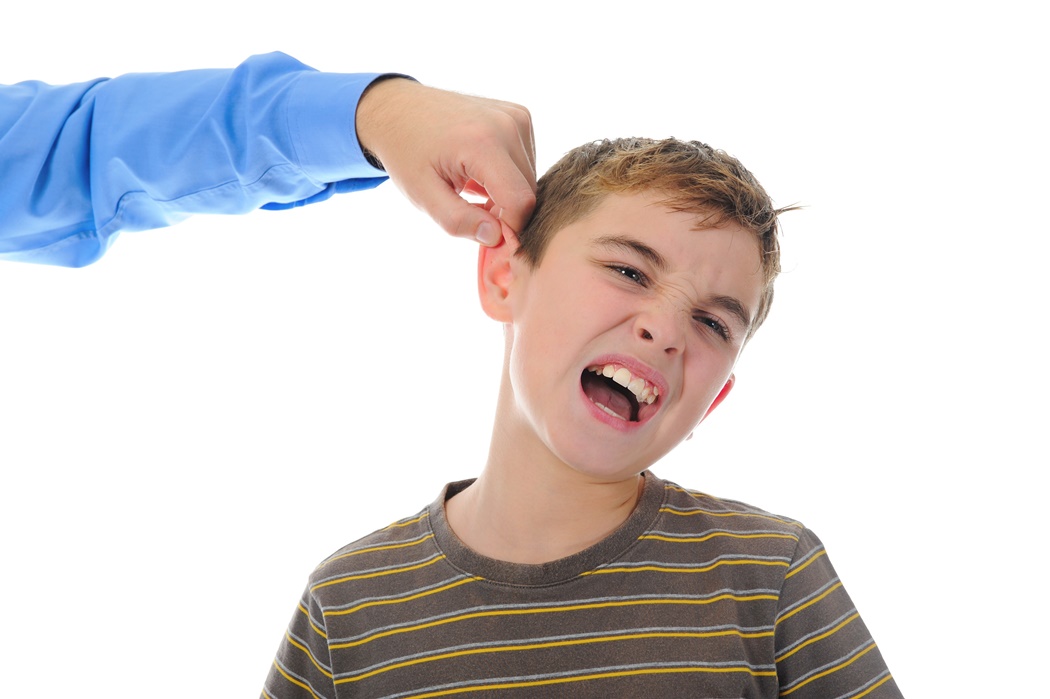Being a parent is no easy task. You’re practically responsible for raising a little human to be the best that they can be. This includes teaching them to behave and be disciplined – and for some parents, that means resorting to nagging, ear pulling, sending them away to their room or even spanking them.
Although it might seem that you’ve managed to stop their bad behavior, psychologists believe that punishing only brings temporary results for your child. In some cases, some children don’t even respond to traditional punishment, instead just shrug it off, or practically yawn at raised voices.
When this occurs, some parents may retaliate with an even more severe punishment out of anger.
But is this doing any good for our children?
Are we doing more harm than good by punishing them for misbehaving?

According to psychologytoday.com, kids who are punished are less likely to make positive moral choices. Some of the reasons being:
- Punishment focuses a child on the “consequences” he is suffering, rather than on the consequences of his behaviour to someone else, which will only make him more self-centered and less empathic.
- Punishment makes a child feel like he’s a bad person, which is always a self-fulfilling prophecy, so he’s more likely to repeat the bad behavior.
- Punishment creates an external locus of control — the authority figure. The child actually comes to see the parent as responsible for making her behave, rather than taking responsibility for her behaviour as her own choice.
When it comes to studying or doing their homework, it’s important that they self- learn and self-discipline themselves.Doing so would enable them to understand what’s right and what’s wrong using their own mind in the future.
In Kumon, this method is known as the ‘just-right’ level, where the instructor evaluates a student’s ability to ensure that they learn and progress accordingly. Using this method, students tend to gain more confidence as he or she is able to grasp the syllabus better and is able to move on to the next level when they are ready. So there is no punishing, nagging or ear pulling.

The Kumon method also enables students to learn according to their own abilities and not be limited to their grade level in school. In fact, Kumon students are encouraged to study beyond their school grade level, with some as advanced as five years beyond their school grade.
Mr Yosuke Sugawa, General Manager of Kumon Malaysia, explains how Kumon helps form the basics of every child’s development. He says,
“We encourage students to learn to solve problems on their own with minimal guidance. This helps build their confidence and equip them with other critical life skills such as self-learning, discipline, confidence, independence, perseverance, and more.”
Parents can also implement these types of methods at home to help their child develop critical life skills so they are future-ready. Tasks such as placing their shoes where it should be when they get home, knowing what time they should be having a bath and completing chores that have been assigned to them should be practiced consistently.
Before you punish your child the next time, ask yourself this question – “do i want my child to be afraid of me?”
Punishment usually creates a fear-based relationship where children become anxious because they worry about what their parents might do if they notice some inappropriate behaviour.
Instead, try to find the reason for their misbehaviour- why are they refusing their homework? Is it because they don’t fully understand it? Is there a deeper reason why they’re not doing it well? You can also set the rules together. Let them decide how much time they want to spend on their homework, set the time limit on watching TV or playing games and teach them responsibility for their actions.
In the end, our role as parents is to raise a person who will be ready to make their own decisions using their own mind, while having the ability to understand and differentiate what’s right and what’s wrong in the future.














